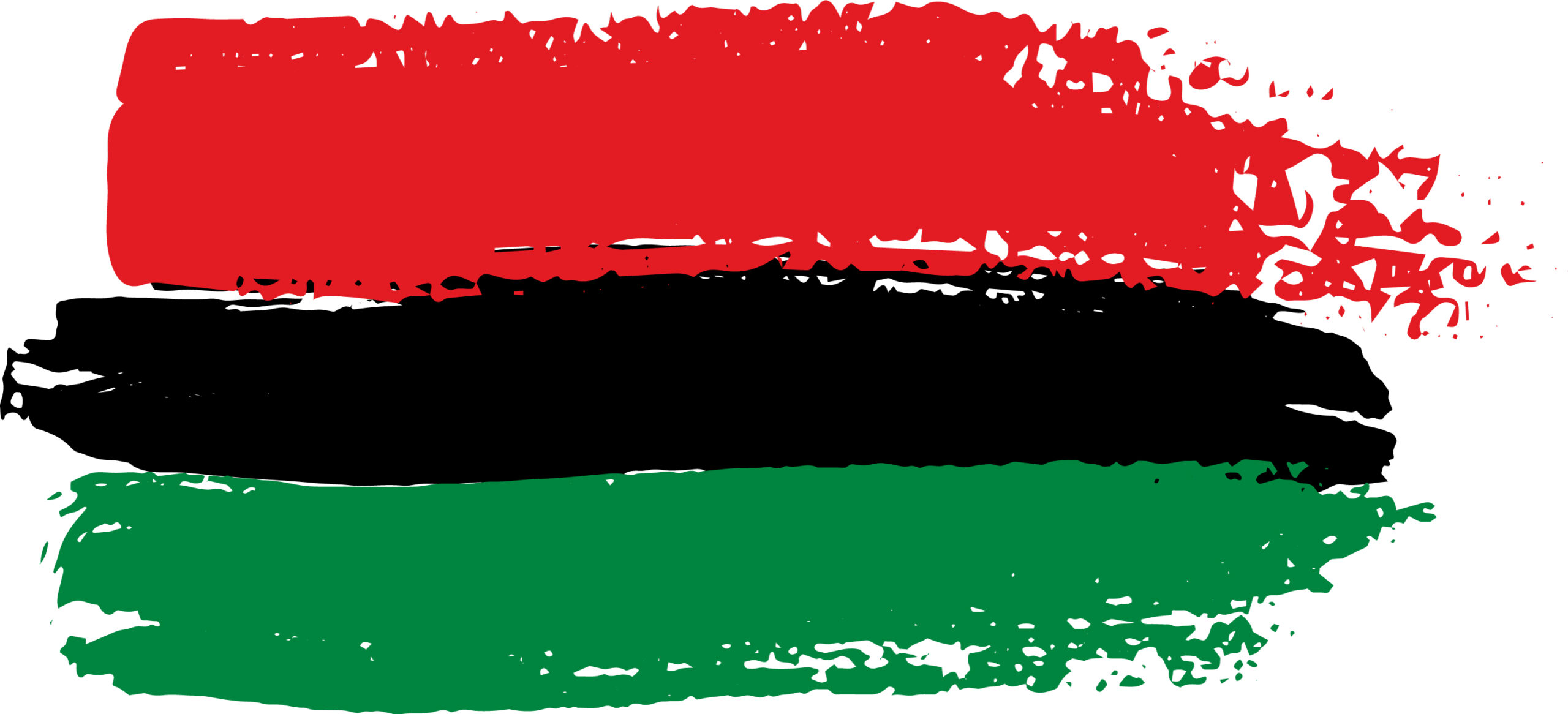The African Diaspora Series: Part I
The word diaspora appears often in discussions of history, identity, and global development. But what does it actually mean? Who belongs to a diaspora, and why does it matter?
This article offers a clear, dictionary-based definition of the term and outlines how different communities around the world fit — or do not fit — into that definition. It also sets the stage for a deeper look at one of the most significant diasporas in human history: the African diaspora.
📘 Definition: What Is a Diaspora?
According to the dictionary, a diaspora is:
“A population that has spread or been dispersed from its original homeland.” (Oxford Languages)
This definition includes people who moved:
- Voluntarily — for work, trade, education, or opportunity
- Involuntarily — through slavery, war, colonization, or persecution
A diaspora is not based on race or nationality — it is defined by displacement from a homeland, whether recent or generations ago.
For more on current global trends in displacement and movement, see the IOM Global Migration Data Portal.
✅ Who Belongs to a Diaspora?
Groups commonly recognized as diasporas include:
- Africans in the Americas (descendants of the transatlantic slave trade)
- Indians in the Caribbean, East Africa, and the U.K.
- Chinese communities in Southeast Asia, North America, and Africa
- Jews, Armenians, Palestinians
- Lebanese and Syrians in West Africa and Latin America
These communities have in common:
- A shared origin outside their current homeland
- A cultural connection (active or historical) to that origin
- Often a minority or migrant status in their host society
🧬 Can Someone Belong to More Than One Diaspora?
Yes. For example, someone with African and European ancestry born in the Americas might belong to:
- The African diaspora (through enslaved ancestors)
- The European diaspora (through immigrant ancestors)
Whether they identify with one, both, or neither may depend on:
- Cultural upbringing
- Social context
- Political or personal beliefs
🌐 What About Europeans in the Americas?
Technically, people of European descent in the Americas (e.g., White Americans, Canadians, Argentinians, Brazilians) are part of the European diaspora, because their ancestors migrated from Europe.
However, they are rarely referred to as a diaspora because:
- They often became majority or dominant populations
- They assimilated quickly and reshaped national identities
- The term “diaspora” is more commonly used for groups that retain a minority status or distinct identity
Still, by the dictionary definition, European-descended populations living outside Europe are a diaspora.
📊 Ranked: The World’s Largest Diasporas (by population abroad)
| Diaspora Group | Estimated Size | Notes |
|---|---|---|
| African | 140–200+ million | Includes descendants of enslaved people and modern migrants |
| Chinese | 50–60 million | Long-standing migration throughout Asia, Africa, and the West |
| Indian | 32–35 million | Largest officially tracked diaspora by voluntary migration |
| Arab | 30–40 million | Strong presence in Latin America, Europe, and Africa |
| Latin American | 40+ million (combined) | Includes Mexicans, Colombians, Venezuelans, etc. abroad |
| Jewish | ~15 million | One of the oldest diasporas |
| Turkish | ~7–8 million | Mostly in Germany and Western Europe |
| European | 400–500+ million (unofficial) | Technically largest by ancestry, but rarely categorized as diaspora today |
Note: The European diaspora is not tracked as a formal group in global statistics due to its scale and integration into dominant societies.
To explore more migration data, visit the World Bank’s Migration and Remittances portal.
🧭 Why This Definition Matters
Using the word “diaspora” carefully and consistently:
- Honors groups whose identities are shaped by displacement
- Avoids confusion between native and diasporic communities
- Helps clarify the role of migration, survival, and cultural continuity in world history
🔄 What’s Next?
Now that we’ve defined diaspora using its standard definition, our next article explores the African diaspora specifically — its history, geographic scope, economic power, and growing global influence.
The story of the African diaspora is one of resilience, cultural brilliance, and global transformation.
You can also read about how the African Union officially recognizes the diaspora as the continent’s “Sixth Region” here.
Link to Article 2: The African Diaspora: Culture, Impact, and a Vision for the Future
